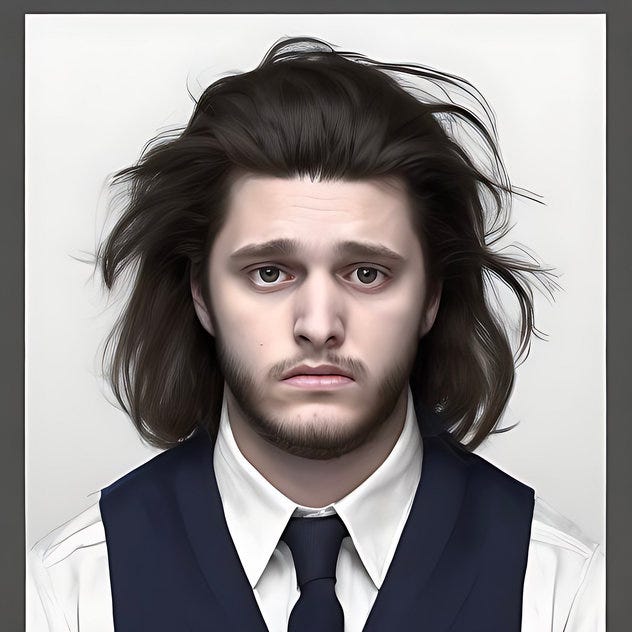Interview with Austin Mulka
What got you into music, and if you had not gotten into music what would you be doing today?
A: My journey into music began at a very young age, largely influenced by my dad, who was a musician and singer. Watching him perform and seeing the joy and passion he had for music inspired me to follow in his footsteps. One of my earliest memories is of my dad …
Keep reading with a 7-day free trial
Subscribe to Volatile Weekly to keep reading this post and get 7 days of free access to the full post archives.




